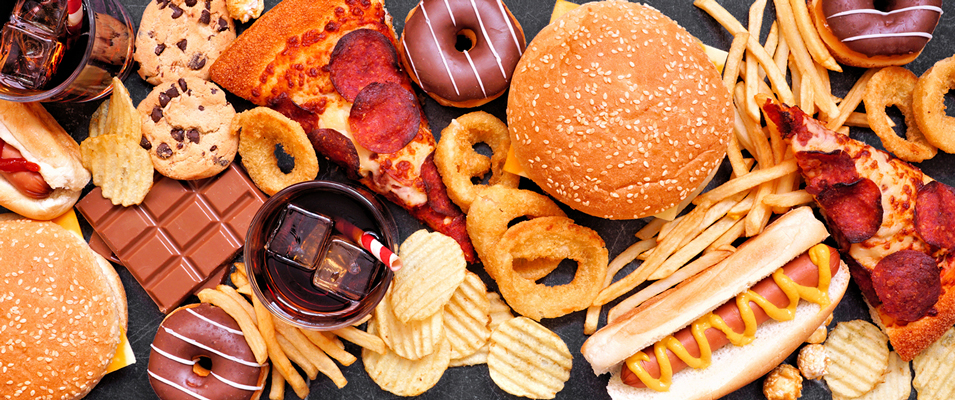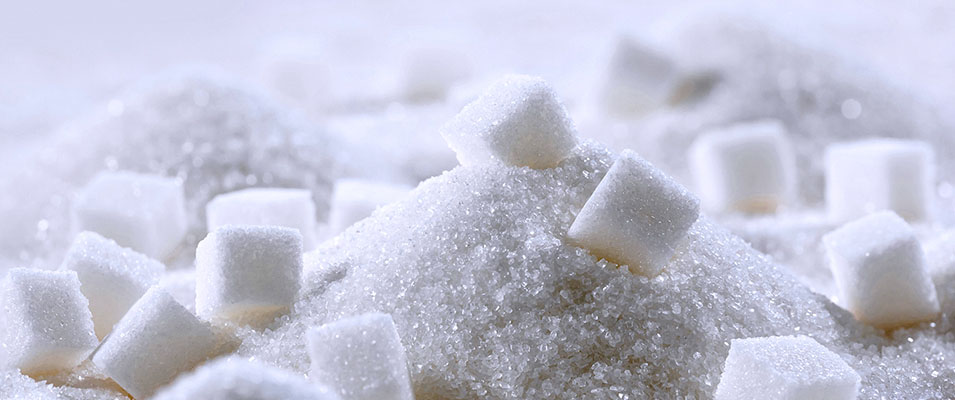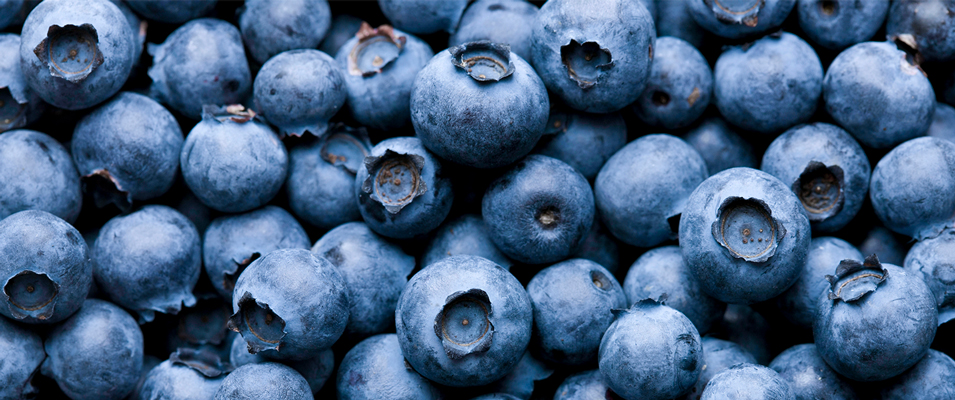Got Acne? Avoid These Foods
A balanced diet is the key to healthy skin and a healthy body, but certain foods are known to trigger breakouts in those who suffer from acne. While everybody’s diet is unique to them, there are common foods and ingredients most people should avoid to maintain the healthiest skin possible and control their acne breakouts. Here are some of the top foods to avoid if you suffer from acne!

#1: Junk Food & Fast Food
First, junk food is full of saturated fats. Saturated fat may increase certain growth factors that contribute to breakouts, and some researchers propose that it may affect gene expression and alter hormone levels in a way that promotes acne development.
A study in the Journal of the Academy of Nutrition and Dietetics looked at a range of diet habits and acne and found that people who had moderate to severe acne consumed more saturated fats than those with clear skin or mild acne. Another study found no presence of acne among 1,315 adolescents living in Papua New Guinea and Paraguay; however, in western industrialized countries, between 79 and 95 per cent of adolescents have pimples and many believe this to be related to the prevalence of junk food in Western diets.

#2: Sugar
Eating too much sugar spikes your blood sugar level, and when that happens the body responds by producing more insulin, which in turn encourages the glands to produce more oil, heightening your risk of oily skin. Where we find oily skin, we find acne. Additionally, the process breaks down collagen and elastin, contributing to aged, sagging and wrinkled looking skin.
While natural sugars – like those found in fruits and vegetables should be consumed in moderation, the consumption of refined sugars such as cane sugar and corn syrup (found in sweets, cakes, cookies, jams, and pastries, as well as cereals, cereal bars, crackers, and fizzy drinks) should be limited.
Lastly, beware of foods which claim to be low-sugar — they will often contain more fat to compensate. You can find the reverse happening when something is low-fat, so keep an eye out for both!

#3: Bread and Pasta
Carbs are often worth avoiding for those with acne. Similar to fast foods, breads and noodles can cause a spike in your blood sugar, which increases your insulin levels that can lead to a breakout. Pay close attention to foods such as white bread, white rice, white pasta, and cereals; all of these contain refined grains, which are the main cause of the spike in blood sugar.
Additionally, bread may be depleting some of your valuable antioxidant that your skin stores, increasing your chances to develop acne. Gut problems can increase systemic inflammation and deplete your antioxidant reserves, and this can indirectly hurt your skin, and are much more common among acne patients than the general population. Those with persistent acne that resists other treatments should try a gluten-free diet for at least a few weeks and see what happens!
#4: Milk & Dairy
Acne can have many causes, but one of the biggest ones is inflammation. In short, dairy causes inflammation. The hormones in milk can react with the testosterone and estrogen in your body (for both men and women.) Hormonal changes in the bloodstream can cause bad breakouts due to an increased sebum production.
Like the other foods listed above, cheese and milk are considered prime culprits for acne for similar reasons. According to a 2007 study published by the American Academy of Dermatology, those who consume a low glycemic diet (full of fresh fruits and vegetables, and lean proteins have less instance of skin breakouts and severity of acne is lessened greatly.)
Cow’s milk also contains amino acids that stimulate the liver to produce more IGF-1, a growth hormone great for baby cows, but bad for human skin. The same thing that helps calves become so big and strong can also have a similar effect on human skin by causing inflammation.

The Best Foods to Prevent Acne
As you can see, most scientists agree that a high Glycemic Index (G.I.) diet can exacerbate blemish-prone skin. So what foods should you eat that can benefit your skin?
To start, zinc is essential for healthy skin. It’s known to help reduce inflammation and work against Propionibacterium acnes, a skin bacteria closely associated with the development of blemishes. Secondly, eat more dark fruits and berries (like blueberries.) They are anti-oxidant rich and high in fibre which can help to regulate insulin, leading to healthier looking skin.
Inflammation-fighting foods like salmon and walnuts have a higher ratio of omega-3s, which also keep skin clear. So try to enjoy a varied diet and keep a personal record (some dermatologists call this a `skin diary`) of anything you eat that you think may trigger blemishes and acne in your skin.